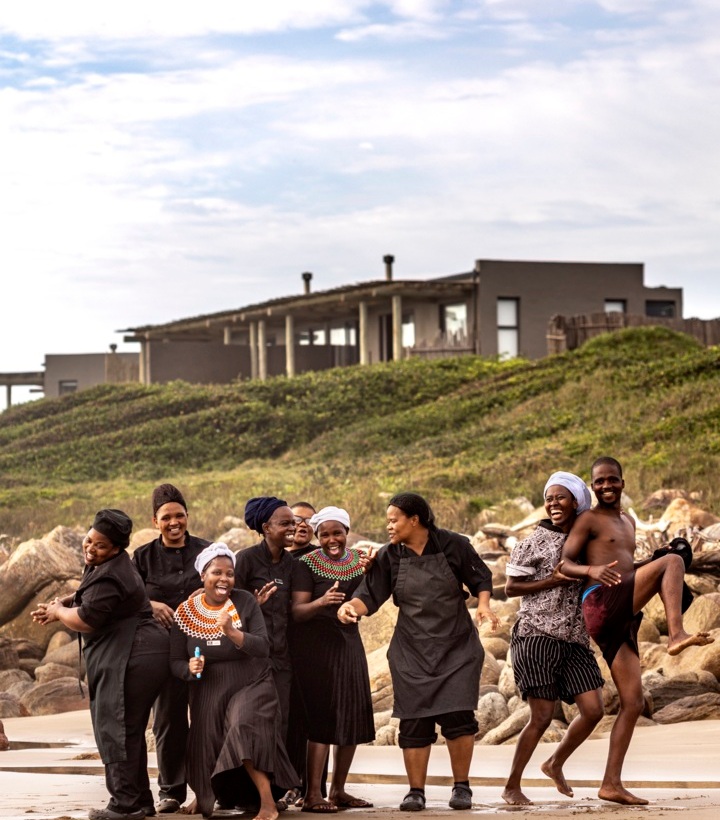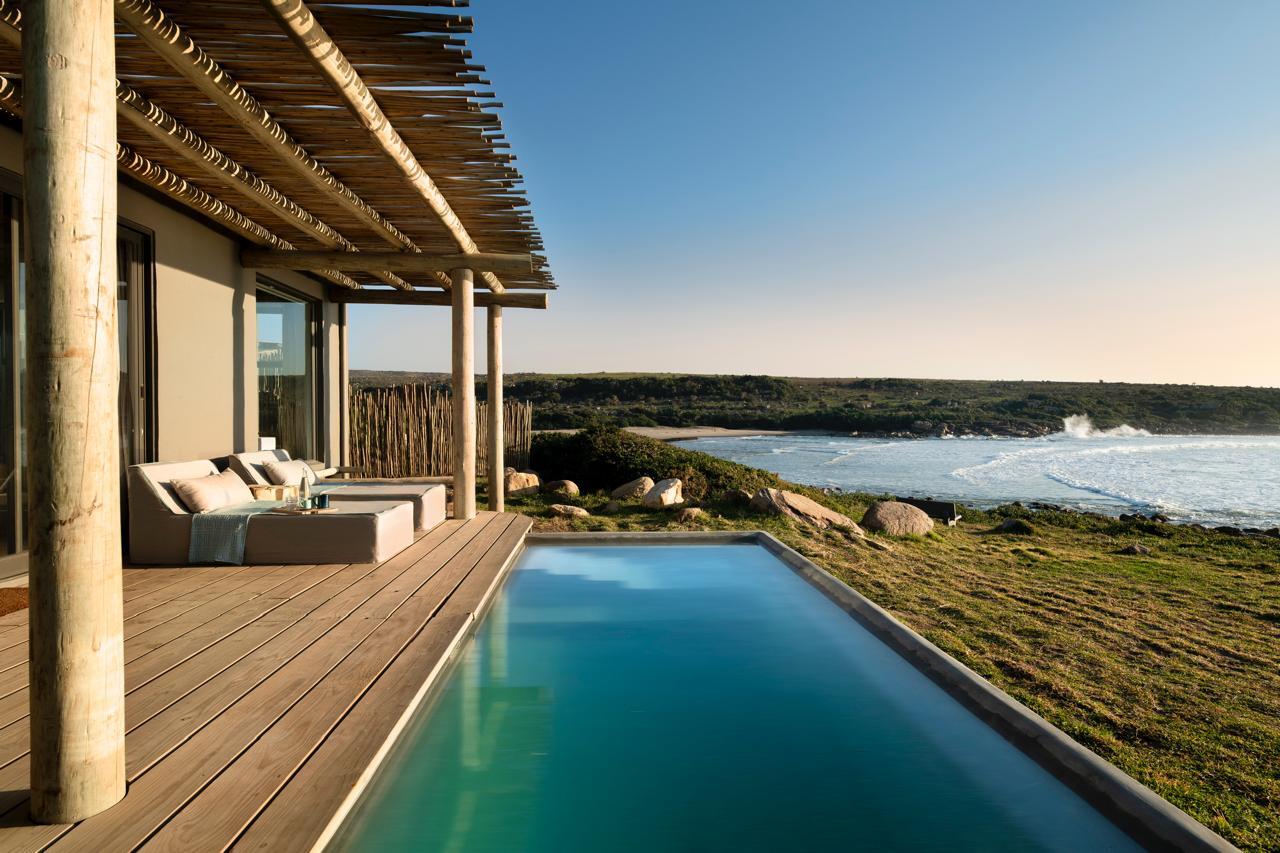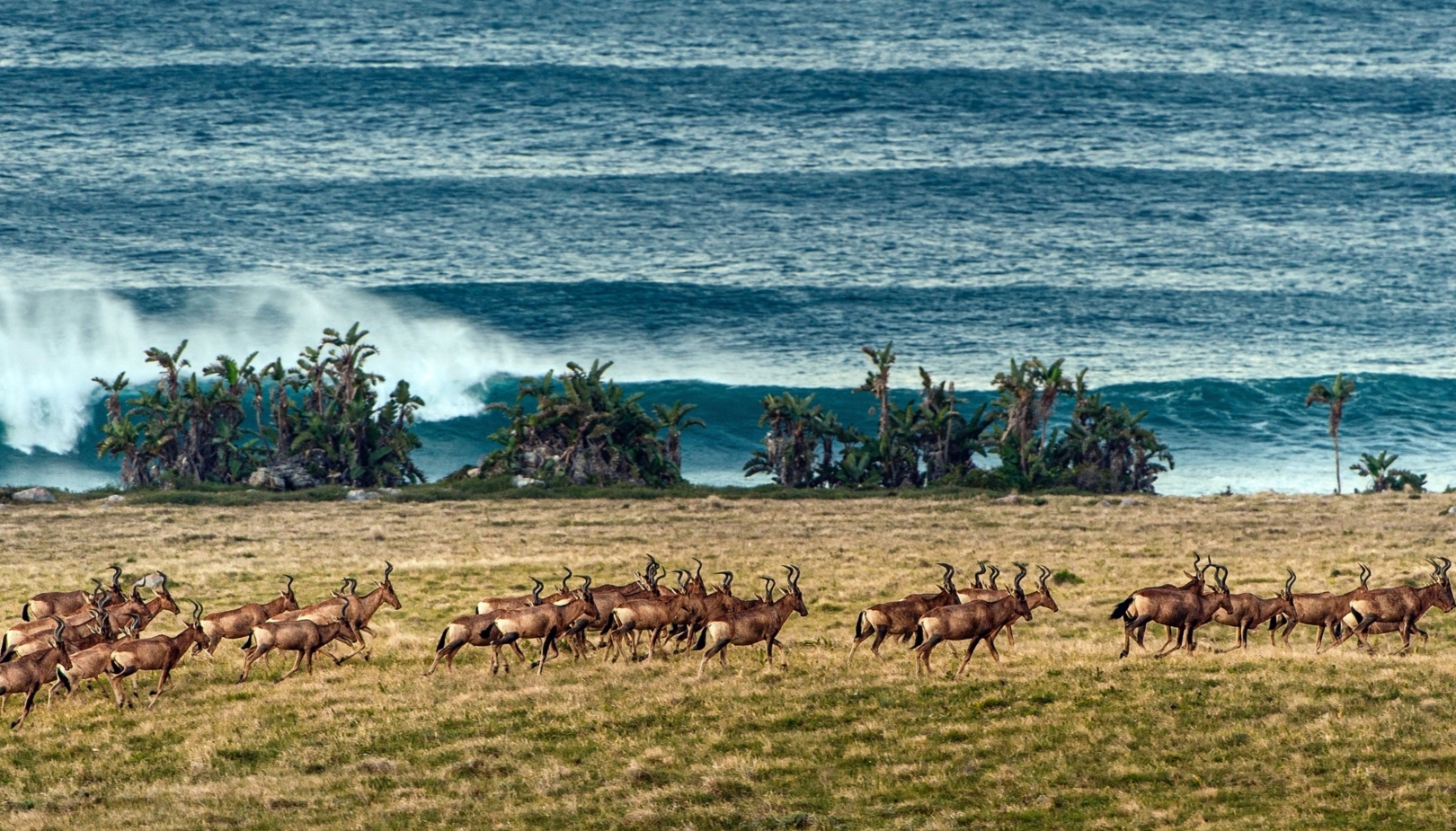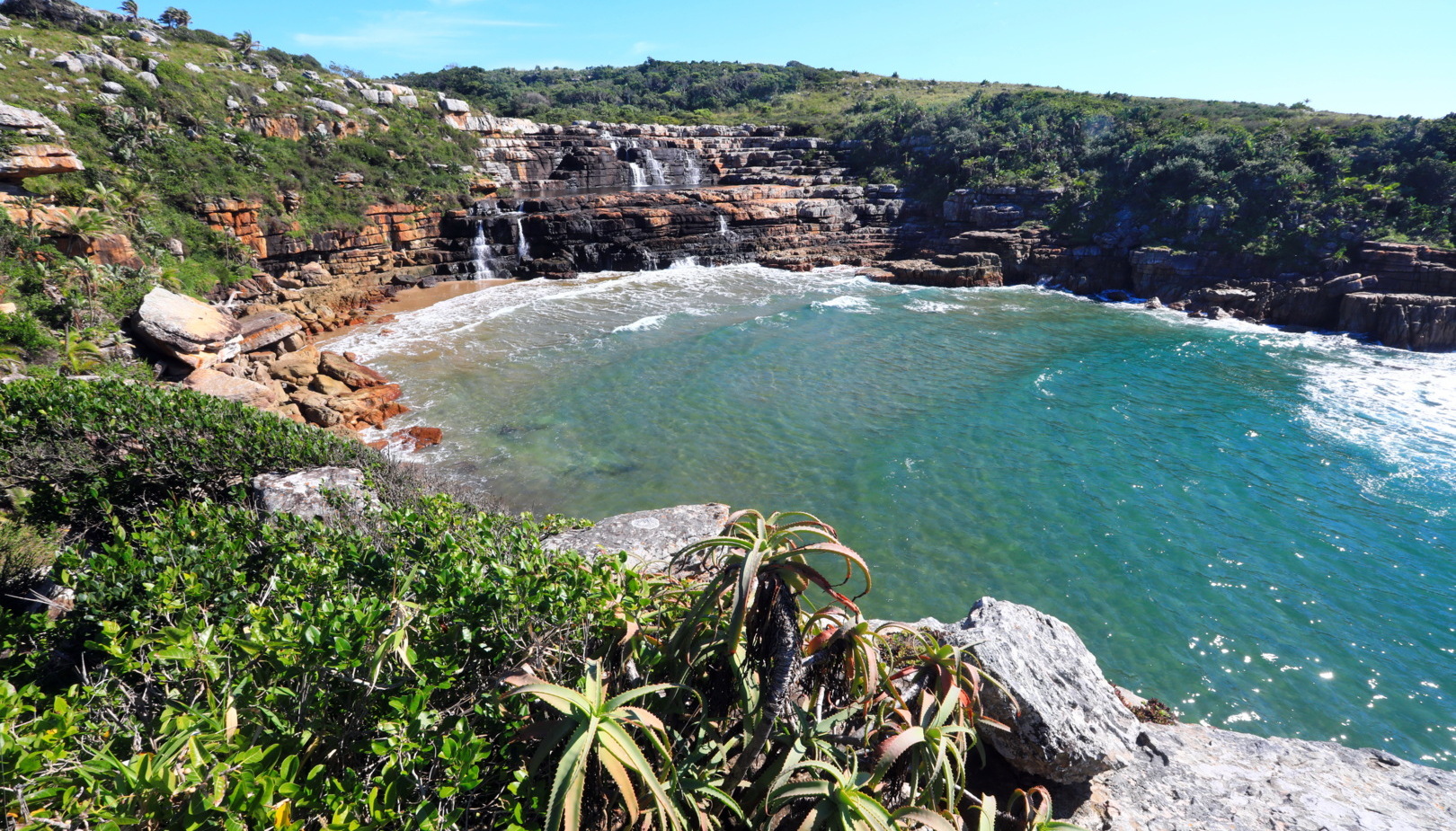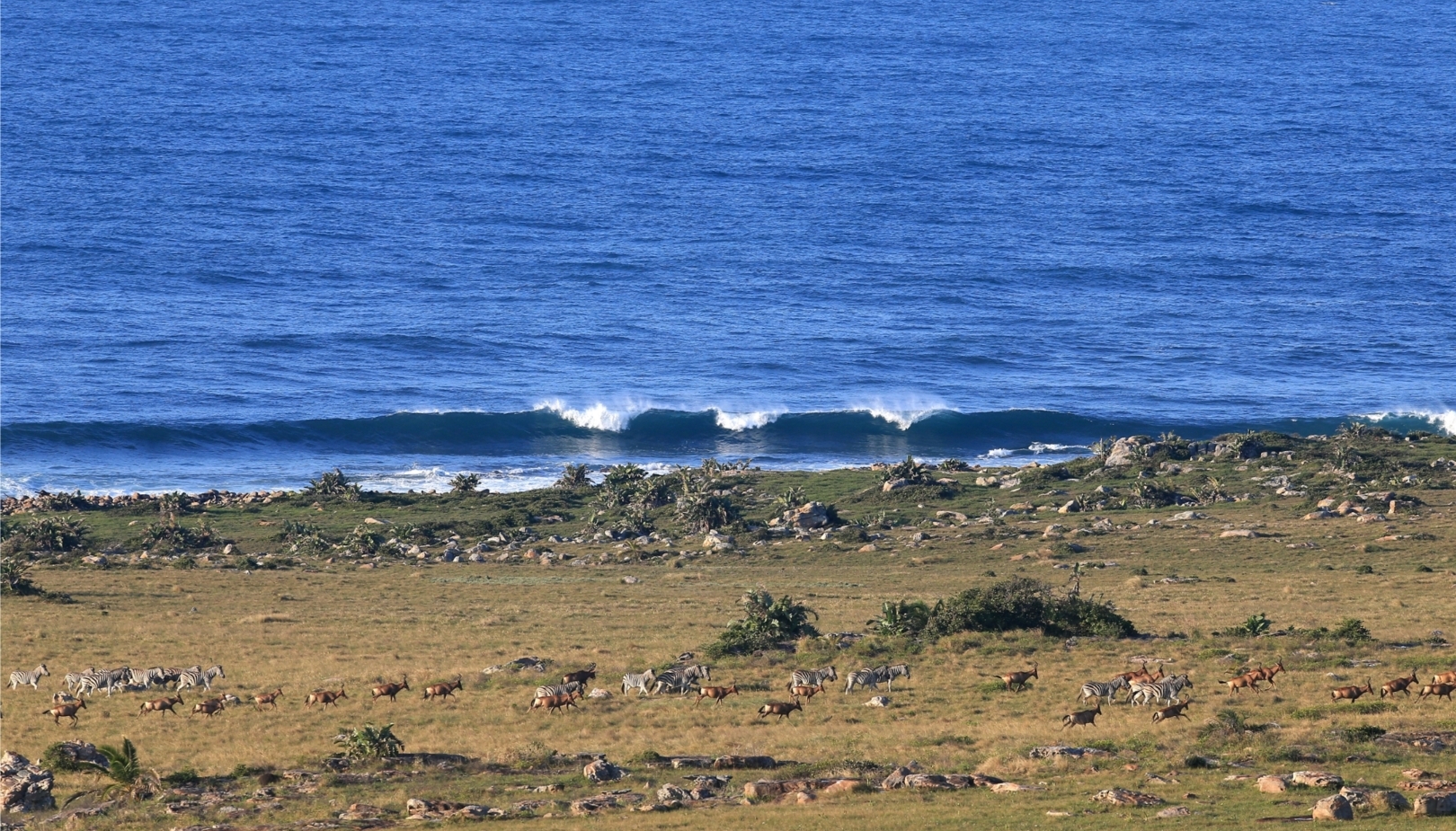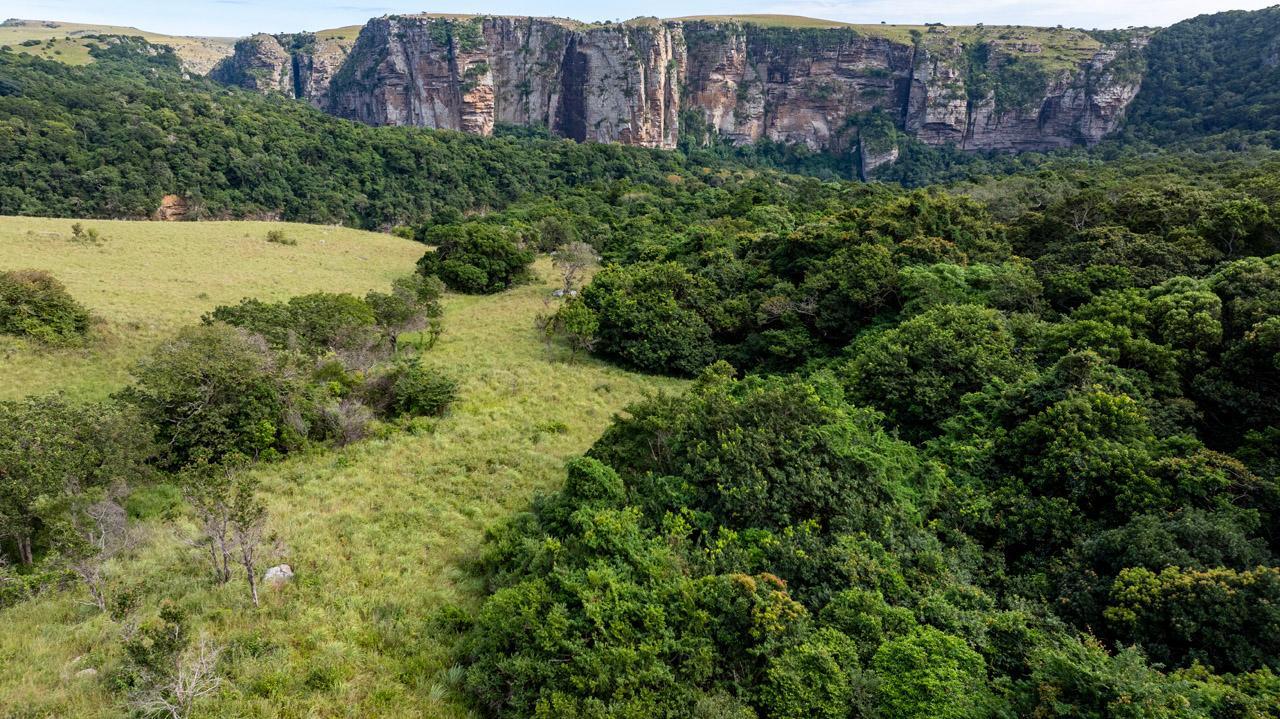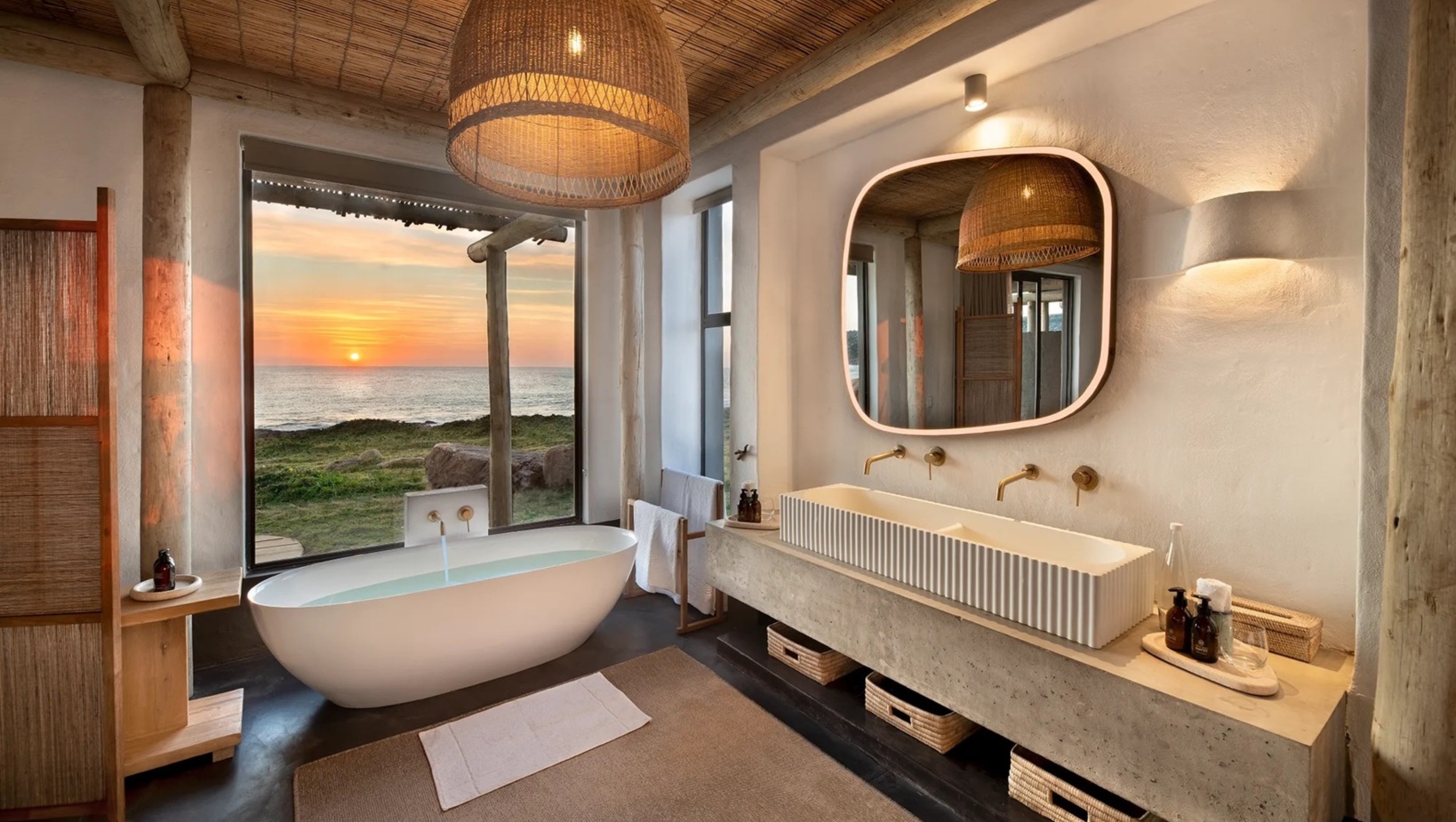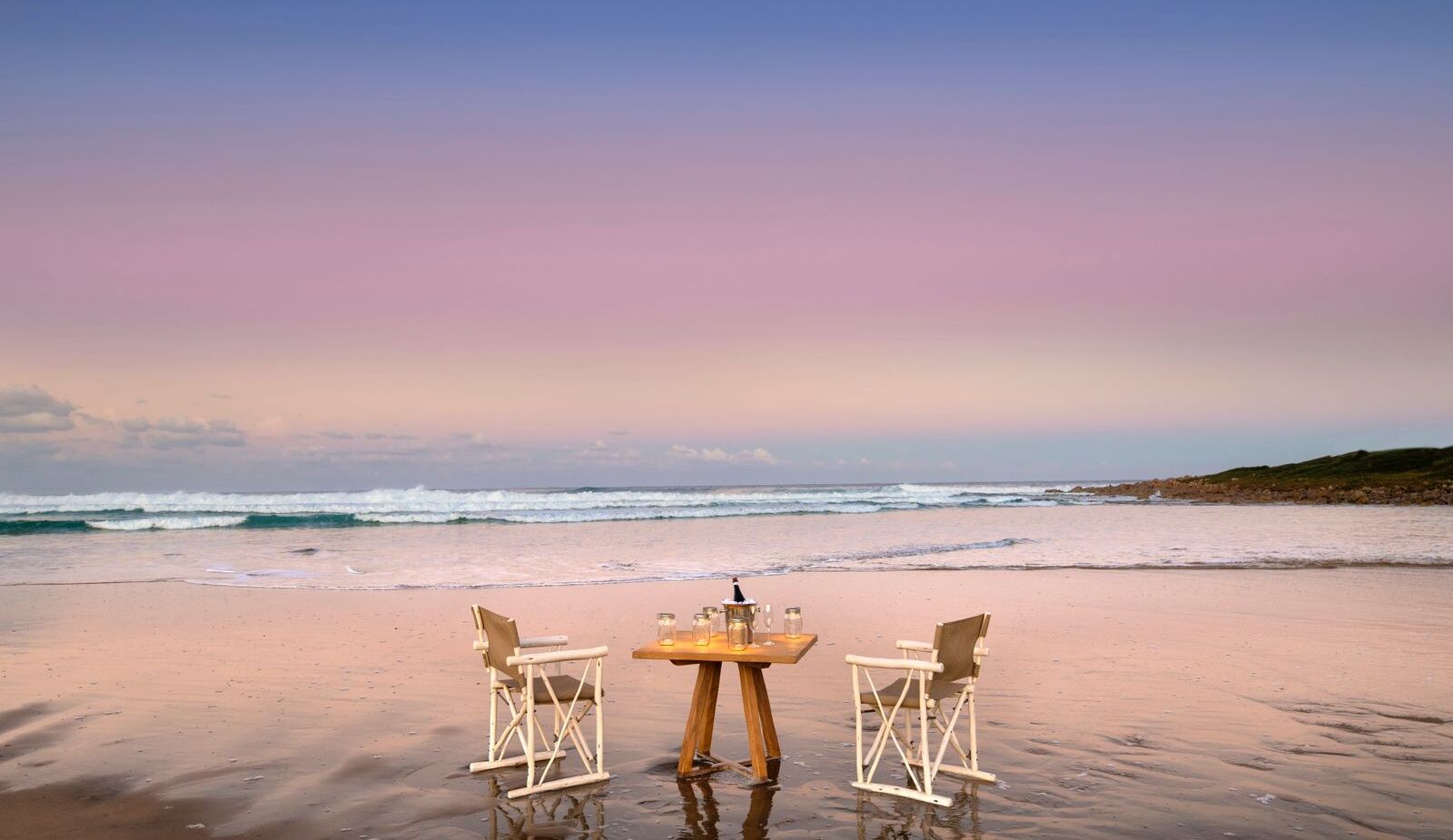Welcome to GweGwe Beach Lodge
If your idea of paradise includes wide open spaces, untouched beaches, and the serene beauty of unspoiled wilderness, you’ve arrived. Nestled within the Mkambati Nature Reserve in Pondoland, South Africa, GweGwe Beach Lodge is a hidden gem along the iconic Wild Coast, recently recognised with both a Michelin Key and on the Conde Nast Hotlist making us the only property in Africa to hold both accolades. Here, barefoot luxury blends effortlessly with rich biodiversity, coastal adventure, and the stillness of nature.
Come explore a place where time slows down, and the wild truly leads the way.
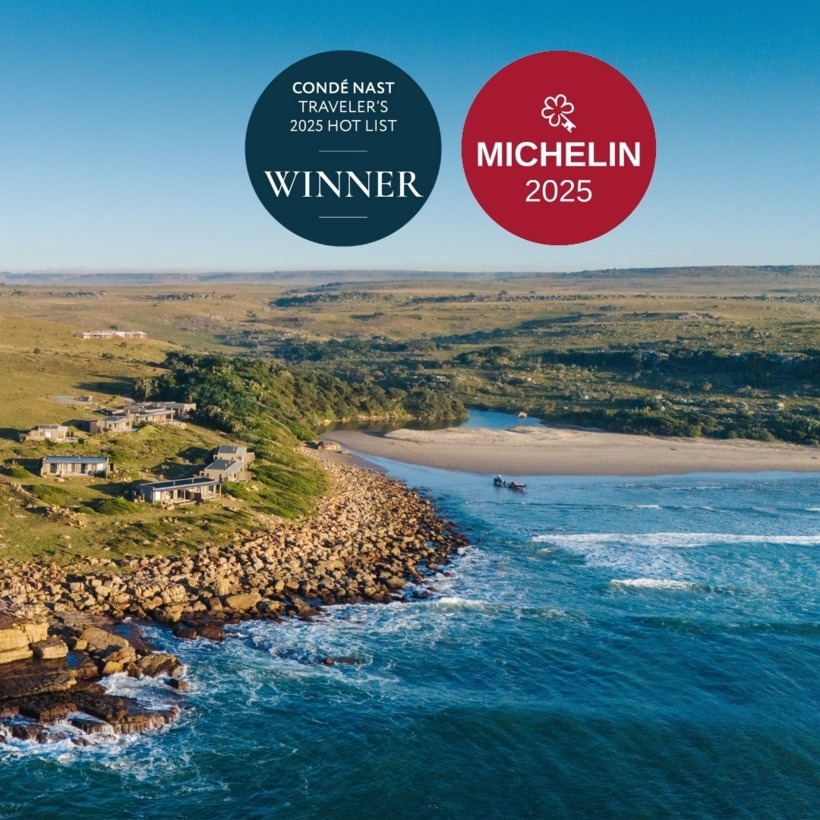
A Land Like No Other
Explore South Africa's Hidden Coastal Gem - Wild Coast
Mkambati offers a rare combination of land and sea wilderness. Vast open grasslands stretch toward the horizon, echoing the feeling of the Serengeti — yet just offshore, whales breach and dolphins play in the surf. It is a place where two worlds meet.
Tucked into this remote stretch of the Wild Coast, GweGwe Beach Lodge offers front-row access to that meeting point. One moment you're watching antelope move through the open plains; the next, you're standing on a dune watching the ocean pulse with life. The beachfront lodge blends gently into its surroundings — low-impact, thoughtfully designed, and grounded in local heritage.
There are no crowds here, no schedules, no noise beyond the wind and waves. Just space to breathe, and time to feel where you are. GweGwe isn't just accommodation; it’s a quiet invitation to be part of Mkambati, if only for a while.
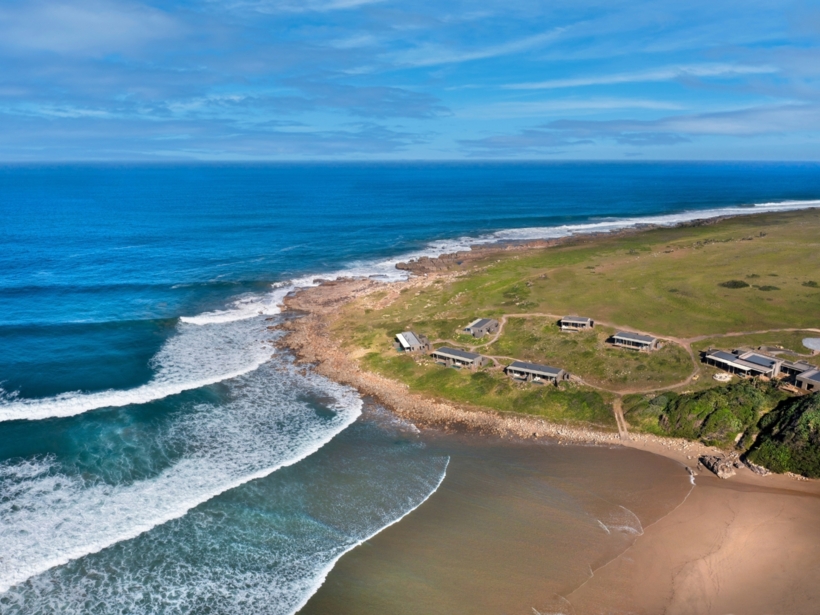
Luxury Reimagined on the Wild Coast
Accommodation on the Beach to Escape and Unwind
GweGwe is the first true high-end boutique lodge to open along the Wild Coast — a pioneering retreat that brings refined comfort to one of South Africa’s last great wildernesses.
The architecture draws inspiration from the rich traditions of the Mpondo people, honouring local culture while offering guests luxurious accommodation and thoughtfully designed spaces that blend seamlessly into the natural landscape.
A Beachfront Lodge with Purpose
Among the unique lodges in Eastern Cape, GweGwe was built with purpose — to exist in harmony with nature and community. Sustainability guides everything we do, from our low-impact design to our partnerships with local people of Pondoland. Every stay contributes to protecting the Wild Coast and supporting those who care for it, ensuring this pristine landscape endures for generations to come.
